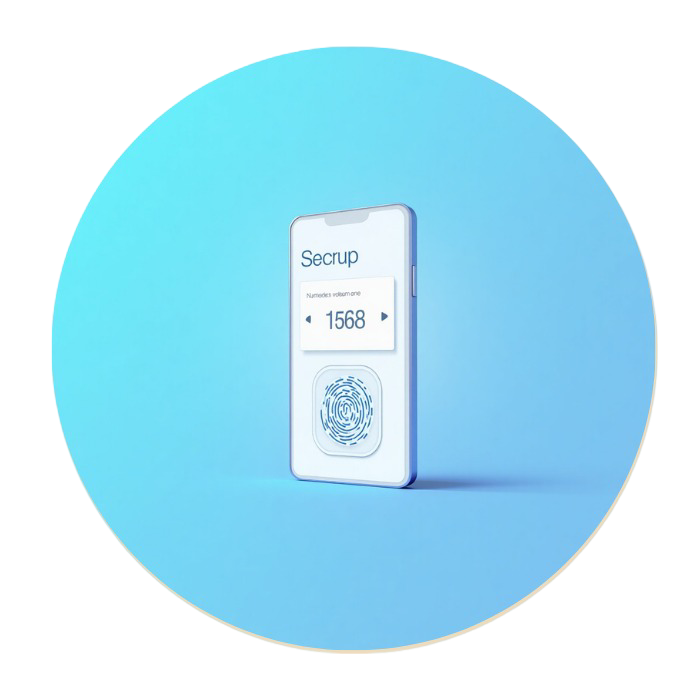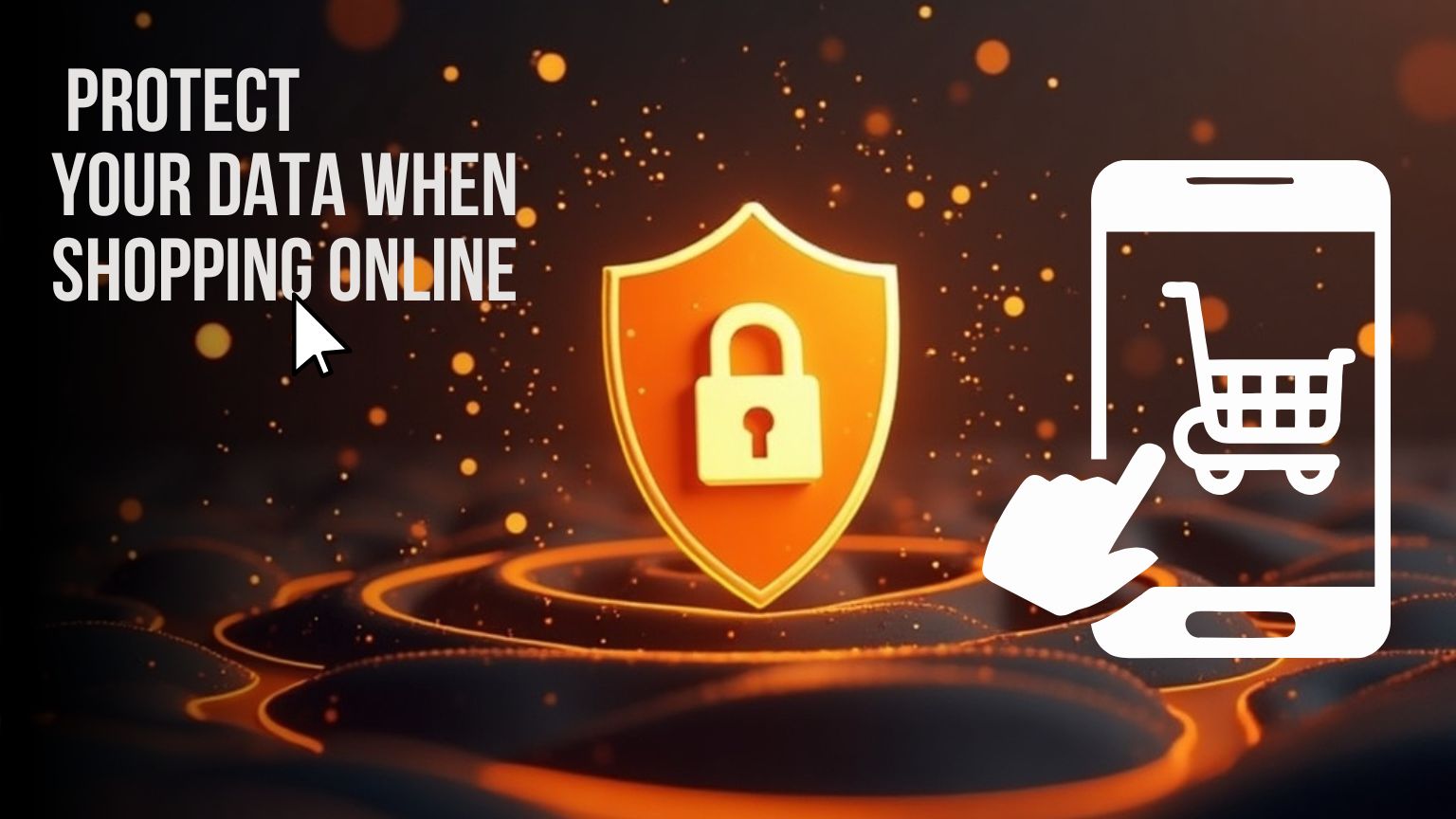Learn to protect your data when shopping online with tips to stay safe on Amazon, Temu, and Etsy.
Online shopping has made it easier to access thousands of products and services, but it has also increased the risks of digital fraud. Therefore, it is essential to protect your data and ensure that your transactions are secure. In this guide, you will learn the best practices to keep your financial information safe.
Protect Your Data by Using Strong Passwords
One of the first security barriers is a strong password. Using weak combinations makes it easier for hackers to access your accounts, so creating robust passwords is crucial.
To enhance your security, avoid common passwords like “123456” or “password.” Instead, combine letters, numbers, and symbols to make them more resistant. Additionally, do not reuse the same password across multiple accounts, as this increases the risk in case of a data breach.
Another effective measure is enabling two-factor authentication. This option adds an extra layer of security by requiring an additional code when logging in, reducing the chances of unauthorized access.


Protect Your Data by Verifying Website Security
Not all online shopping sites are trustworthy, so it is essential to verify their authenticity before entering personal information. A secure site should have certain features that ensure the protection of your data.
Before making a purchase, check that the website address starts with “https://” and has a padlock icon in the address bar. These indicators show that the connection is encrypted and that transmitted data is protected.
It is also advisable to look for reviews from other users about the store. Ratings and feedback on forums or social media can help you identify potential risks and avoid fraud on unreliable platforms.
Protect Your Data by Avoiding Public Wi-Fi Networks
Free Wi-Fi networks can be convenient, but they also pose a danger to the security of your personal information. Cybercriminals can intercept data transmitted over unsecured connections.
If you need to shop online, avoid connecting to public networks in cafes, airports, or shopping centers. These connections are often vulnerable to attacks that can compromise the privacy of your data.
To reduce risks, use a Virtual Private Network (VPN). This tool encrypts your connection and protects your data by making your information less accessible to potential attackers.


Protect Your Data by Regularly Reviewing Your Account Statements
It is important to stay aware of any suspicious activity in your bank accounts. Detecting unusual transactions early can help prevent financial fraud.
Check your account statements frequently to ensure that all transactions are recognized. If you notice unfamiliar charges, report them to your bank immediately to prevent further losses.
Additionally, enable transaction notifications in your banking app. These alerts will inform you of any transaction in real time, allowing you to act quickly in case of suspicious activity.
Protecting your data when shopping online is essential to avoid fraud and ensure the security of your information. However, just as in the digital world, it’s also important to take care of your cards during in-person purchases. Avoid sharing your card with others, check that payment readers don’t have suspicious devices, and cover the keypad when entering your PIN.
Additionally, a great way to enhance security is by personalizing your card with Upgraving, where you can give it a unique design that makes it easier to identify and harder to replace if lost. By following these measures, you can enjoy secure shopping both online and in person.


